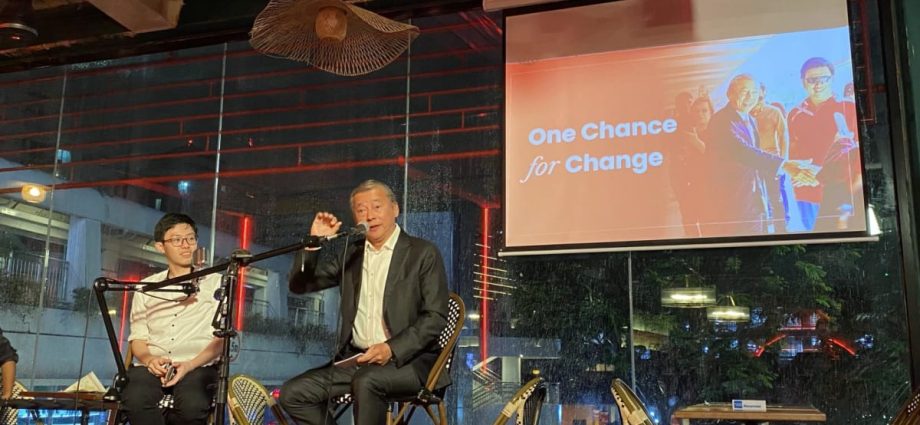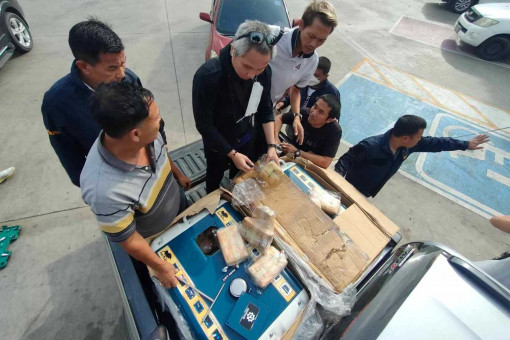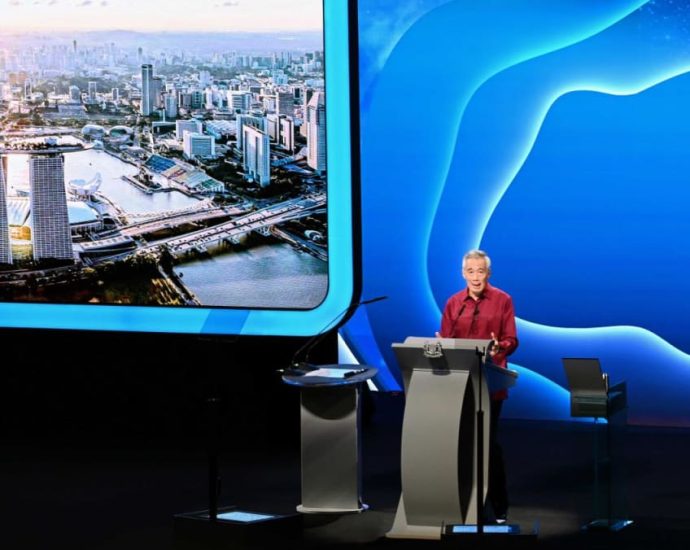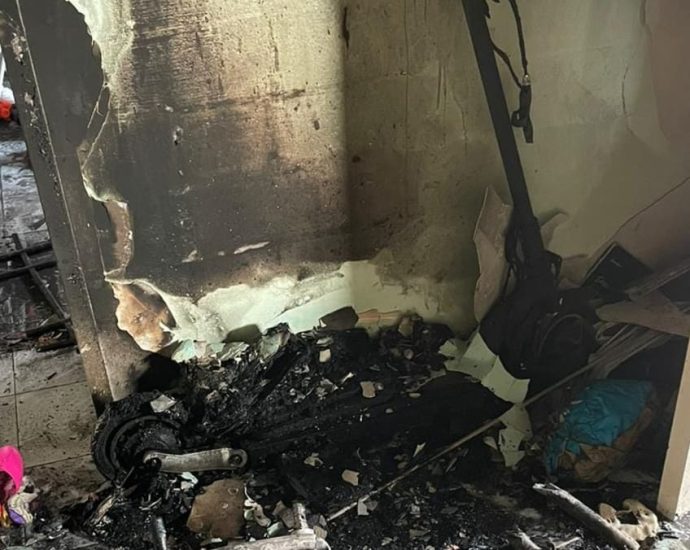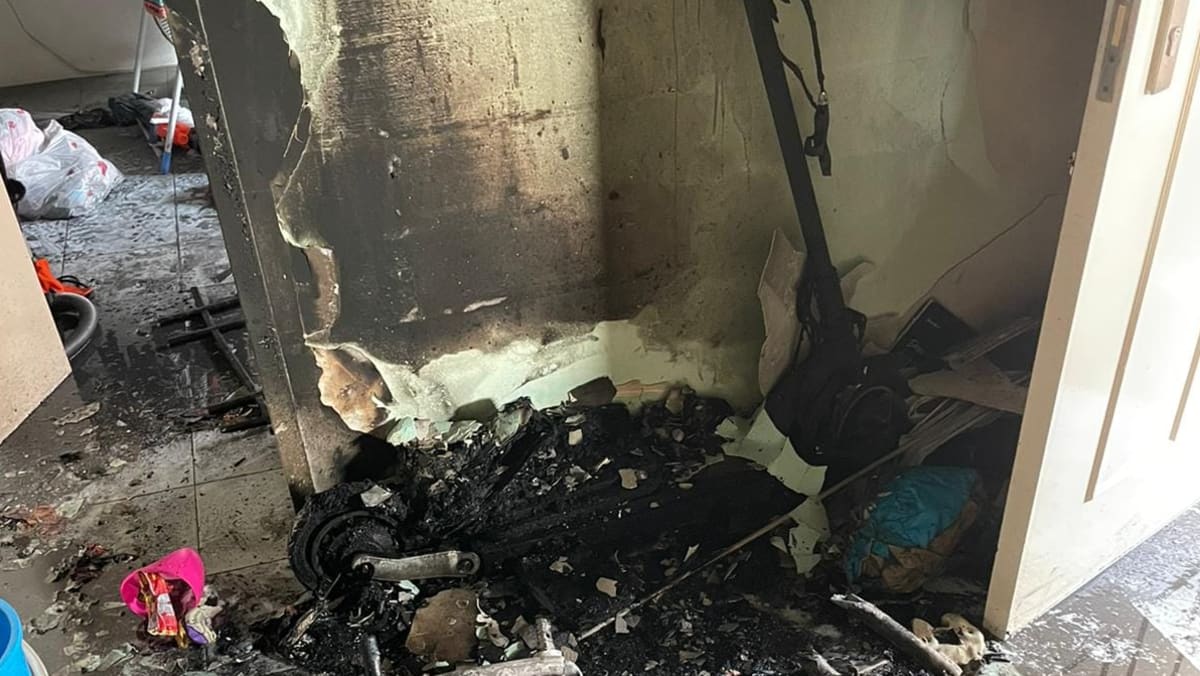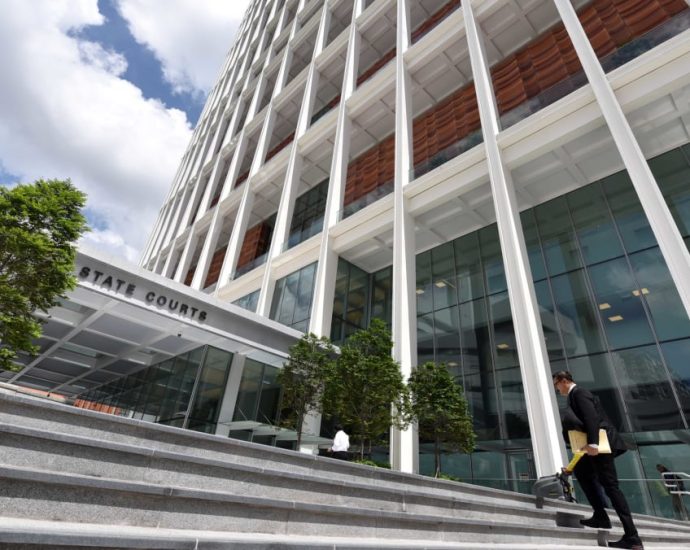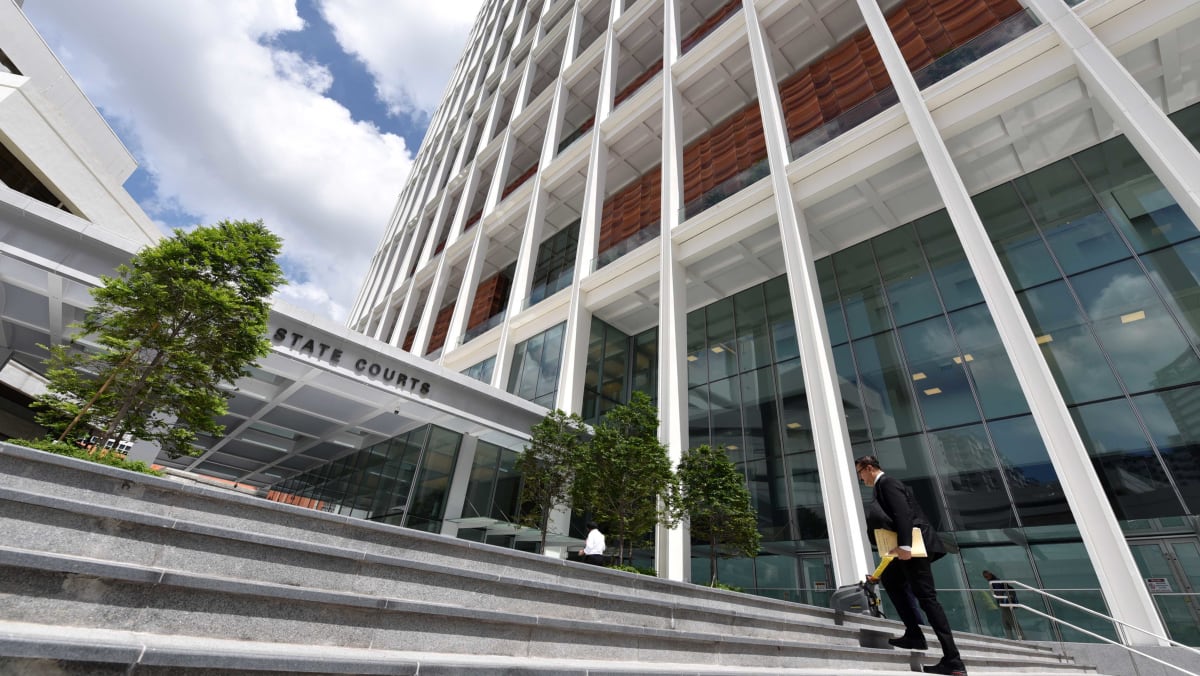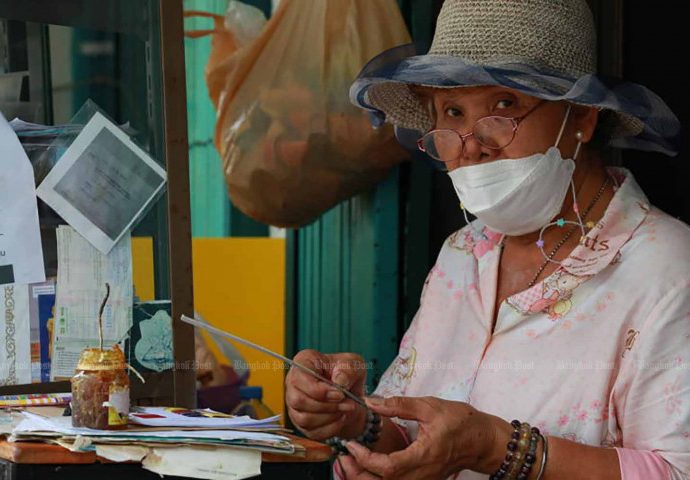No agreement with Tan Kin Lian for either to step down if both qualify for Presidential Election: George Goh

There have been questions about whether Mr Goh, founder of Harvey Norman Ossia, will meet the eligibility criteria.
At a press conference on Aug 4 to launch his bid, he said he has a group of five companies with a combined shareholders’ equity of S$1.521 billion (US$1.12 billion) over three years, and reiterated that he is confident of qualifying under the private sector “deliberative track“.
Mr Goh and Mr Tan are two of four presidential hopefuls who have expressed their intention to contest the upcoming Presidential Election. The other two are former Senior Minister Tharman Shanmugaratnam and former GIC chief investment officer Ng Kok Song.
HANDLING RESERVES
On Sunday, Mr Ng said the intricacies of safeguarding Singapore’s past reserves are “not easy to understand”, and that Mr Goh and Mr Tan have yet to prove themselves.
In response to Mr Ng’s comments, Mr Goh pointed to his entrepreneurial experience, having established companies in many countries and handled “billions of dollars”.
“When you handle billions of dollars, you’re most likely (getting) international support … You travel all (over) the world; you not only talk about business, you talk about politics because (if) you need to invest in certain countries, you need to know what politics (are) going on,” he said.
“You need to know the culture. You also need to know the economy of the country, and you must also know who are your competitors in the country.”
During his opening speech, Mr Goh said that the way people from the private sector, “especially entrepreneurs”, look at money is “quite different”.
“For us, when we look at money itself, this is like our money. So, no wastage. We have to make sure every single cent, we’re protecting it. It’s very difficult. If we don’t make it happen in a company … we can be removed by the board or the company will go down,” he said.
“This is not something the public sector has an issue (with) because the fund was basically from the Ministry of Finance … You just have to make sure (there are) many (people) to set up the fund.”

